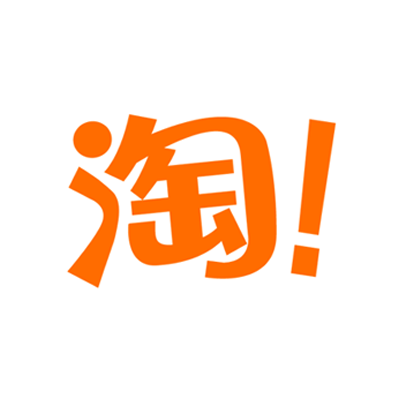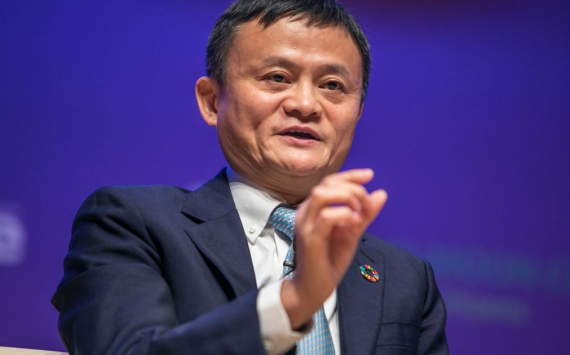Description
Taobao is a Chinese online shopping platform. It is headquartered in Hangzhou and is owned by Alibaba. It is ranked as the eighth most-visited website in 2021. Taobao.com was registered on April 21, 2003 by Alibaba Cloud Computing (Beijing) Co., Ltd.
Taobao Marketplace facilitates consumer-to-consumer (C2C) retail by providing a platform for small businesses and individual entrepreneurs to open online stores that mainly cater to consumers in Chinese-speaking regions (Mainland China, Hong Kong, Macau and Taiwan) and abroad, which is made payable by online accounts. Its stores usually offer an express delivery service.
Sellers are able to post goods for sale either through a fixed price or an auction. Auctions make up a small percentage of transactions, whereas the majority of the products are new merchandise sold at fixed prices. Buyers can assess seller backgrounds on the site, using ratings, comments, and complaints.
With over 1 billion product listings as of 2016, the combined transaction volume of Taobao Marketplace and Tmall.com reached 3 trillion yuan in 2017.
History
Taobao Marketplace (formerly "Taobao") was launched in May 2003 by Alibaba after eBay acquired Eachnet, China's online auction leader at the time, for US $180 million. It became a major contender in the Chinese consumer e-commerce market. To counter eBay's expansion, Taobao offered free listings to sellers. It introduced instant messaging for facilitating buyer-seller communication and an escrow-based payment tool: Alipay. Taobao became mainland China's market leader within two years. Its market share grew from 8% to 59% between 2003 and 2005, while eBay China dropped from 79% to 36%. eBay shut down its Chinese site in 2006.
In April 2008, Taobao introduced a newly dedicated B2C platform called Taobao Mall to complement its C2C marketplace. Taobao Mall established itself as the destination for quality brand-name goods for Chinese consumers. Taobao Mall launched an independent web domain, Tmall.com, and enhanced its focus on product verticals and improvements in the shopping experience in November 2010. It became an independent business in June 2011 and changed its Chinese name to Tian Mao (Tmall) in January 2012.
In 2008, Taobao fueled the overall growth of the Chinese online shopping industry through the execution of its “Big Taobao” strategy with the aim of becoming a provider of e-commerce infrastructure services for all e-commerce market participants.
In October 2010, Taobao beta-launched eTao as an independent search engine for online shopping to provide and merchant information from a number of major consumer e-commerce websites in China. Online shoppers would be able to use the site to compare prices across sellers. According to the Alibaba Group web site, eTao offers products from Amazon China, Dangdang, Gome, Yihaodian, Nike China and Vancl, as well as Taobao and Tmall.
In May 2011, Alibaba Group opened a retail store in Beijing under the Taobao Mall brand. The five-story 25,000sqm Taobao Mall iFengChao Furniture Showroom served as a complement to their online stores.
In June 2011, Alibaba Group Executive Chairman and former CEO Jack Ma announced that Taobao would split into three different companies: Taobao Marketplace (a C2C platform), Tmall.com (a B2C platform; then called Taobao Mall), and eTao (a search engine for online shopping). The move was said to be necessary for Taobao to “meet competitive threats that emerged in the past two years during which the Internet and e-commerce landscape has changed dramatically.”
In 2012 Taobao began to accept international Visa and MasterCard credit and debit cards.
On April 29, 2013, Alibaba announced an investment of US$586 million in Sina Weibo. According to Reuters, the deal “should drive more web traffic to Alibaba's Taobao Marketplace”. On August 1, 2013, Alibaba launched Weibo for Taobao, which allows users to link Sina Weibo accounts with Taobao accounts.
























